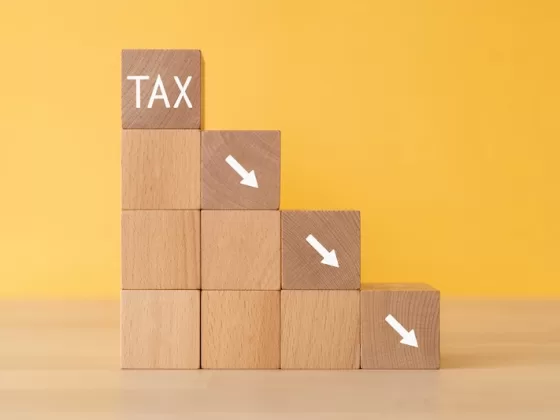Investing overseas can prove to be a great way to diversify your portfolio. If that’s something you’re looking to do, there are a few things you will want to sort out up front.
Investment Type
First, consider which assets best suit your investment goals. What kind of time frame are you hoping to work with? What kind of risk tolerance do you have? This will help you choose whether you want to invest in shares, property investments, fixed interest securities, etc. The easiest and most common ways people choose to invest are through exchange traded funds (ETFs) or through mutual funds.
When it comes to choosing between types of mutual funds, you can decide between international funds (which include broad investments over many countries), regional funds (which cover regions like Europe or Asia), country funds (which work only in specific countries), or sector funds (which include gold or energy across multiple countries).
Where to Invest
After you’ve chosen the type of fund you’re interested in, the next step is deciding where your investment should take place. If you’re a younger investor, you’ll probably be encouraged to invest in a higher-risk fund for greater gains. If you’re an older investor, the opposite might be true.
Foreign companies are required to provide financial reports, usually every 6 months or annually. You can ask your broker for a copy of these reports, or search around among particular foreign companies that grab your attention. You can keep up to date with the changing information this way, and you’ll be able to make an educated decision about where you’d like to invest overseas.
Foreign regulators may also be able to help. A securities regulator in your country of choice could give you information about a public company or market, laws or warnings, and even scams to look out for.
Finally, there are international bodies, which include the International Monetary Fund, the World Bank, and the Bank of International Settlements that have data regarding different countries. Researching this data can give you valuable insights on the next best place to invest.
Tax on Foreign Income
Before you begin your overseas investing, make sure you’re up to speed on tax regulations on foreign income. You can research your tax rates before making an investment, but make sure you’re taking advantage of the IRS’s policy for avoiding double taxation. For any qualified foreign taxes that you’ve paid, you can either claim a deduction or itemize your return. This will keep you from having to pay twice for the same investment.
You’ll also want to be aware of the policies of the country in which you’re investing. For example, Italy has a capital gains tax that would take 20 percent of proceeds that a non-resident makes from selling stock. Spain withholds 21 percent of these gains. There are also taxes on dividends and interest income. However, if you choose to invest in a country like Belize, there is no capital gains tax at all. These are things you’ll want to keep in mind when deciding on where you’d like to invest.
You’ll know if you’ve paid foreign tax already if you receive a 1099-DIV or 1099 INT statement at the end of the year. Box 6 will show how much you’ve paid to the foreign government. Use that line item as a credit to trim your U.S. tax bill.

Transaction Costs
Different fees can be associated with international investing, depending on your investment country of choice. Check the specific market in which you’re interested for stamp duties, levies, taxes, clearing fees, and exchange fees. These costs can and will vary greatly between countries. Brokerage commissions are also expected to be higher in international markets versus domestic markets. Choose a country that’s comfortable for you when it comes to these costs.
Currency Risks
Finally, you want to keep an eye on exchange rates in your country of choice. As we know, these can fluctuate, so you don’t want to choose a market that’s too risky if you’re investing directly into a foreign market. Remember that when you sell your assets, you’ll have to convert the foreign currency back into USD, and it wouldn’t make sense to take a loss in that process. Ask your broker about the possibility of hedging this risk if it’s something that concerns you.
Overall, investing overseas is meant to help diversify your portfolio and increase your total return. There’s always a bit of risk, of course, but the idea is that the payoff will be worth it. You just have to know where to start!
Image credit: https://pixabay.com/en/panama-sunset-boats-marina-harbor-924833/
[amazon_ads ads=1] [amazon_ads ads=2] [amazon_ads ads=3] [amazon_ads ads=4] [amazon_ads ads=5] [amazon_ads ads=6]
If you’re considering traveling or moving abroad, be sure to explore your healthcare options. Visit International Citizens Insurance to learn more and get a free quote.










